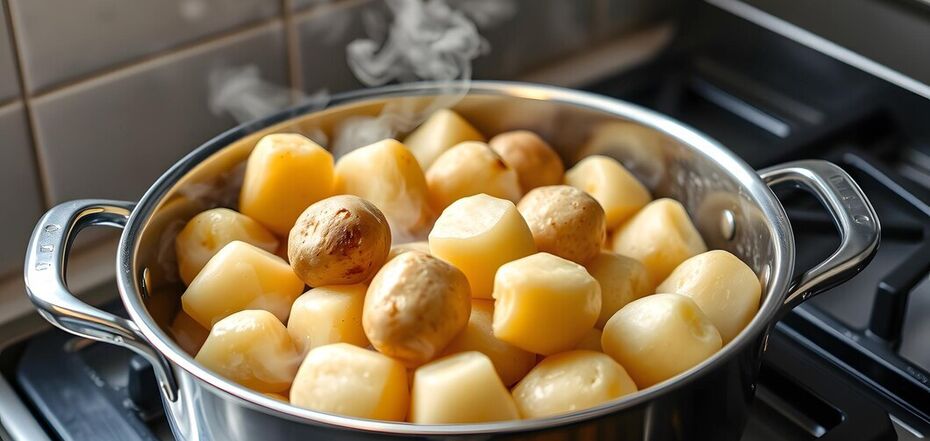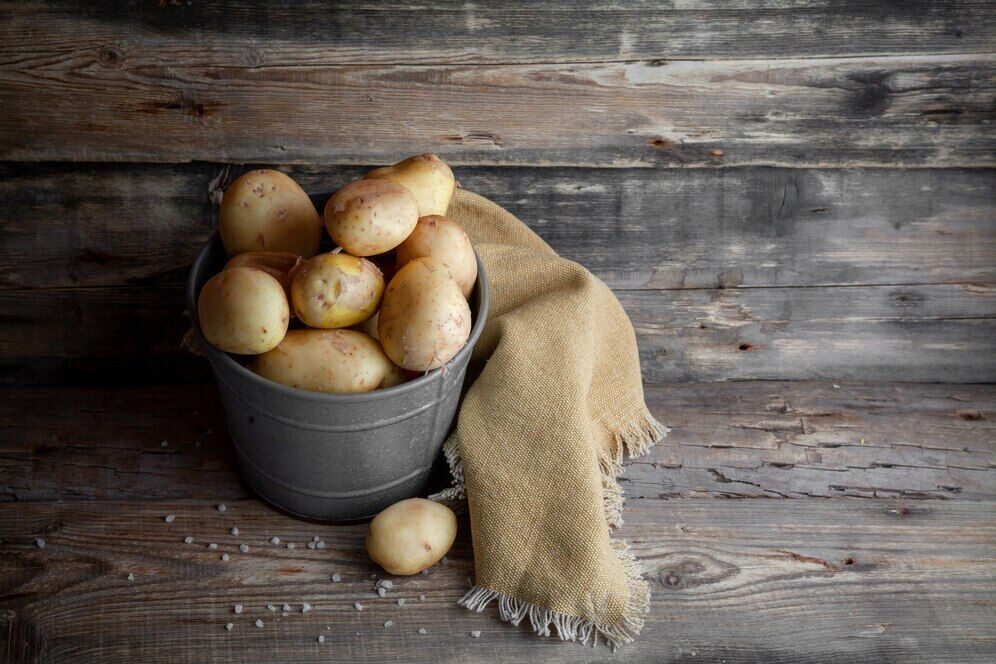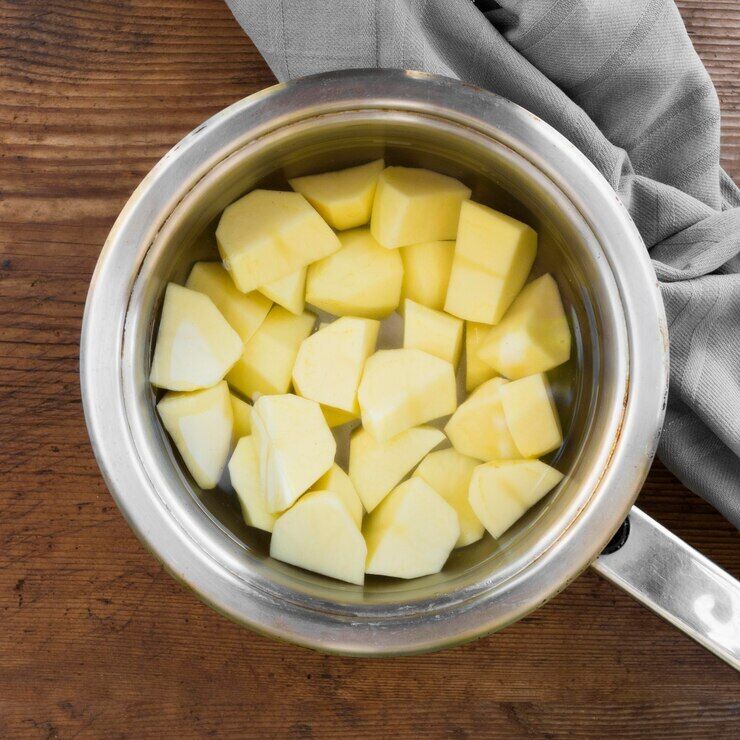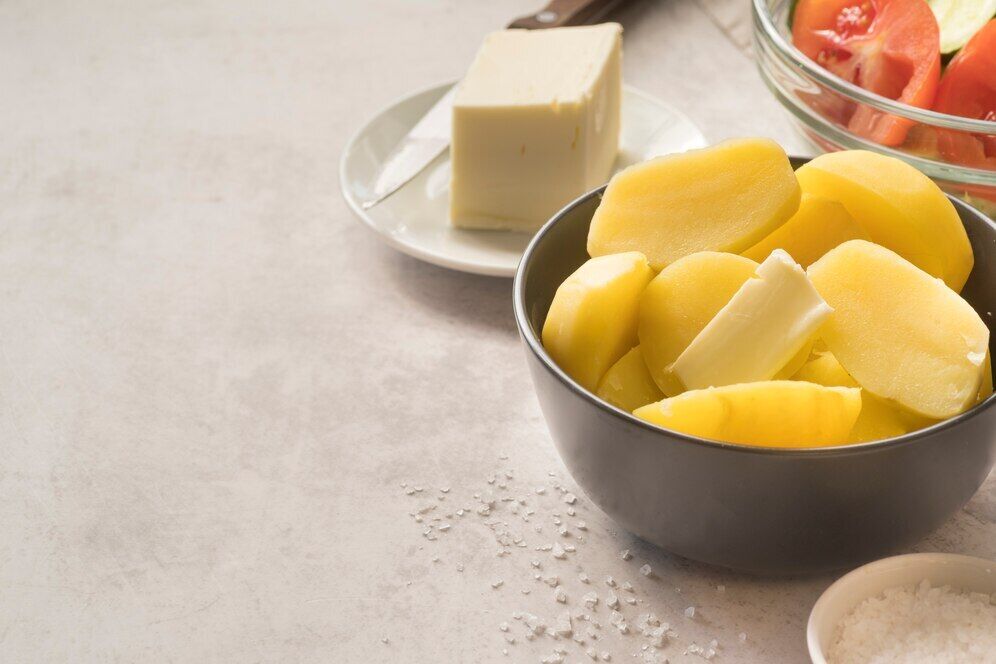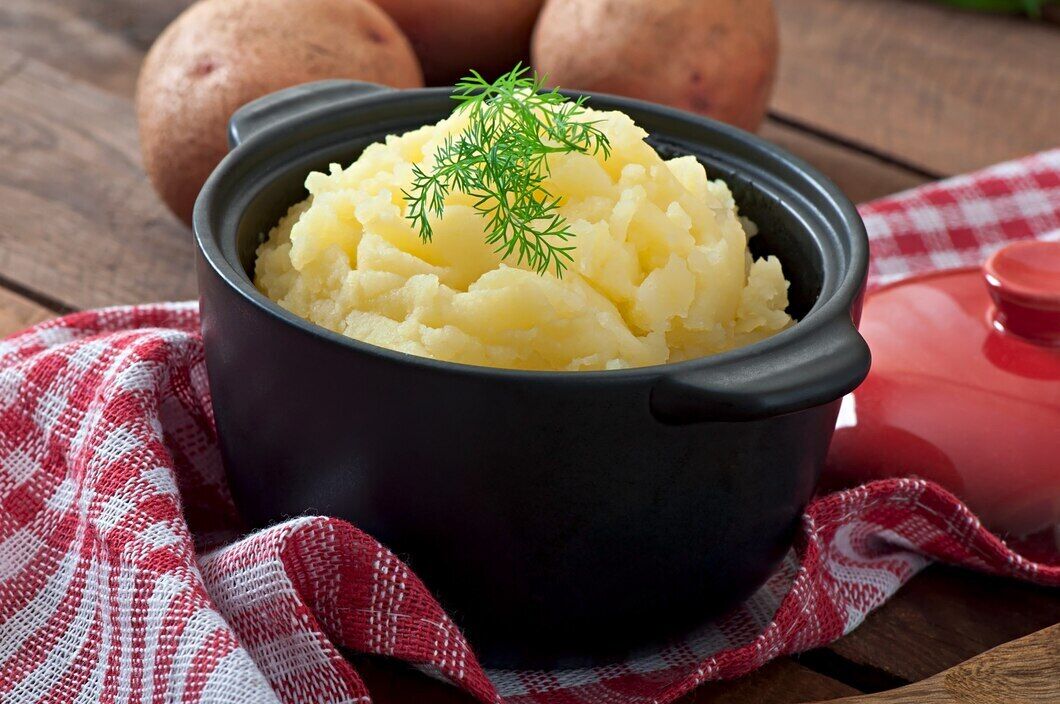News
When is the best time to salt potatoes to make them tasty: we explain an important nuance
Boiled potatoes are one of the most popular side dishes that go with almost any dish: from meat delicacies to plain herring. However, not everyone knows that even such a simple process as boiling potatoes has its own subtleties. One of the main questions is: when is the best time to salt water for potatoes? After all, the time of adding salt affects not only the taste but also the texture of the dish.
The FoodOboz editorial team will tell you when to salt potatoes. This action greatly affects the taste and texture of the product.
What happens if you add salt to the water at the beginning
If salt is added to the water before cooking, the potatoes retain their firm texture. This is because the salt slows down the process of softening the potato cells. As a result, the root vegetables take longer to cook and their texture may remain too tough.
This method can be useful if you plan to use potatoes for salads or dishes where it is important that the pieces remain intact and do not fall apart.
Why you shouldn't add salt at the end
Adding salt at the end of cooking is not the best option. The potatoes will no longer be able to absorb the taste of salt water, and the dish will remain bland. Even if you add large quantities of salt, it will remain only on the surface of the root vegetables, without penetrating inside.
The ideal time for pickling
The best time to add salt is 5-7 minutes after the water has boiled. At this stage, the potatoes have already begun to heat up, and the salt will evenly penetrate the flesh, ensuring a balanced flavor and proper texture.
Tips for boiling potatoes properly
Thorough peeling. If you are cooking potatoes in their skins, make sure that there is no soil left on the skin. This will prevent dirt from getting into the water and flesh.
Water temperature. Start cooking in cold water so that the potatoes warm up evenly. Immersion in hot water may result in uneven cooking. Cook over medium heat to prevent the surface from drying out and the roots from falling apart.


